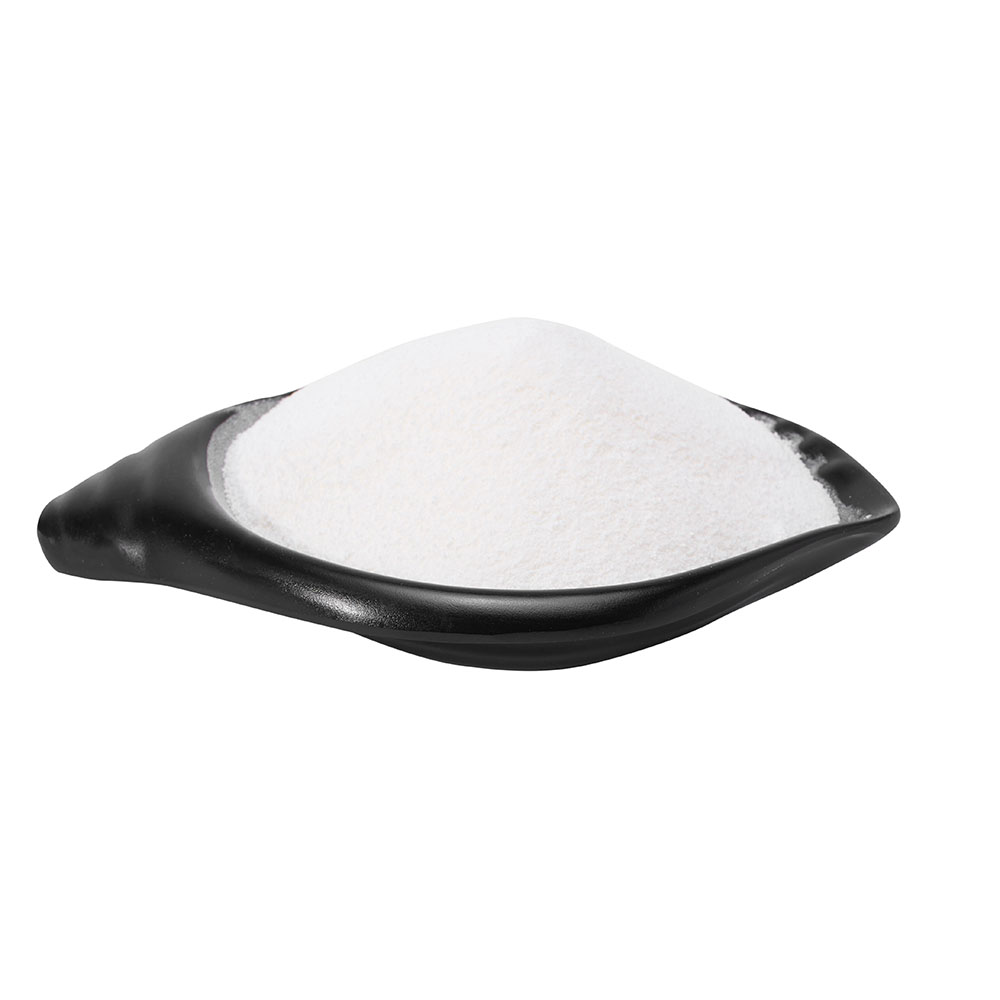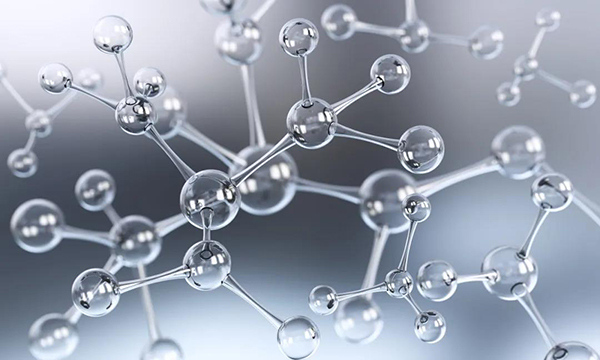More and more manufacturers are now adding collagen peptides and gelatin to their formulations or product lines as a way to move towards a healthy trend: collagen peptides have numerous scientifically proven health benefits; natural sources of gelatin Its functional properties can reduce the amount of sucrose and fat added in the formula. For this reason, the organoleptic properties of collagen-based products are more important than ever.
Collagen peptides and gelatin are extracted from natural raw materials, and we do not add any additives or chemical processing in the production process. The sensory differences from batch to batch are therefore very small. For example, the fish skin raw material used to produce fish collagen peptides may be harvested from different locations, and therefore the raw material itself may have slight differences in color, smell and taste. However, in recent years, we have continued to increase investment in the professional technology of sensory characteristics, and have achieved more results in pattern recognition, difference discrimination and quality optimization of product sensory characteristics.
Collagen is one type of protein. So what exactly is protein? Proteins, together with carbohydrates and lipids, are called the three major nutrients, and are one of the important components of the human body.
About 30% of the proteins that make up the human body are collagen. When we hear collagen, the first thing we think of is the skin on the face, etc., and collagen accounts for about 70% of these skins. The collagen molecule of the dermis has a "triple helix structure", that is, three chains connected by amino acids are combined together, which play a role in giving the skin toughness and elasticity and keeping the skin moist and healthy.


So far, there are 29 known types of collagen in the human body, which are divided into type I, type II... and so on. Nine of them are present in the skin, and each plays an important role. The role of all 29 collagens is not yet clear.
The most widely known is type I collagen, which is mostly found in the skin and is associated with elasticity and strength.
There are various types of collagen, including fibrous collagen, membranous collagen, collagen that connects the dermis and epidermis, collagen that regulates the thickness of fibers, and collagen that forms beaded fibers.
Among the nine types of collagen in the skin, three types of collagen, type I, type IV and type VII, are necessary to maintain skin toughness and elasticity. Collagen Type IV and Type VII exist in what is called the basement membrane, which is near the membrane at the border of the epidermis and dermis, and must exist in the correct structure in order to obtain beautiful skin that is resilient and elastic.
Collagen in the body decreases with age, and the body's power to produce new collagen also weakens. There have been many studies so far on supplementing the collagen lost every day with supplements and foods, and the ability to generate new collagen is now attracting attention
Post time: Apr-15-2022







